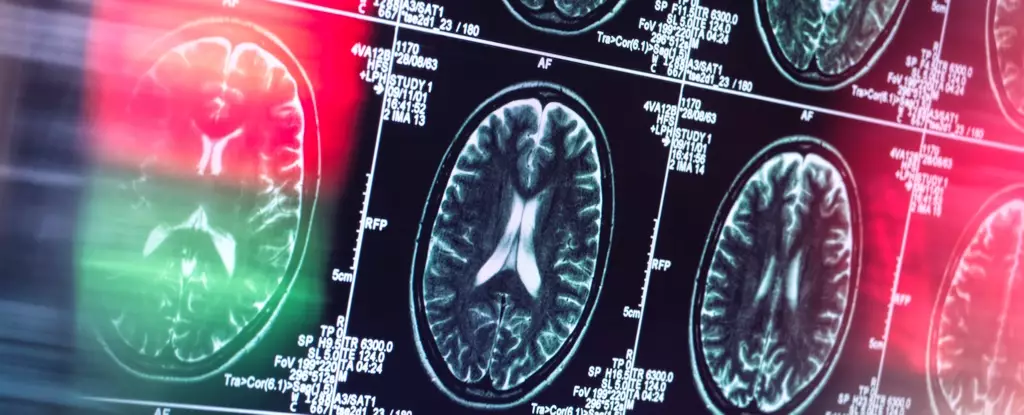In the pursuit of a cure for Alzheimer’s disease, researchers have come across several controversies and setbacks. The focus on beta-amyloid as the main culprit of Alzheimer’s has led to various drugs and therapies being developed, with mixed results. However, the recent emergence of new theories and approaches is shedding light on a different perspective on the disease.
Many scientists, including those at the Krembil Brain Institute, are starting to challenge the traditional view of Alzheimer’s as primarily a brain disease. Instead, they are proposing a new theory that Alzheimer’s is actually a disorder of the immune system within the brain. This new perspective opens up a whole new realm of possibilities for understanding and potentially treating the disease.
The Immune System Connection
The immune system, present in every organ of the body, serves to protect and repair tissues from injuries and foreign invaders. In the case of Alzheimer’s, researchers are now suggesting that beta-amyloid, previously thought to be a harmful protein, is actually a key player in the brain’s immune response. However, due to similarities between the membranes of bacteria and brain cells, beta-amyloid can mistakenly attack brain cells, leading to a progressive loss of function and dementia.
This unique perspective on Alzheimer’s as an autoimmune disease brings forth new challenges and opportunities for treatment. While traditional autoimmune therapies may not be effective against Alzheimer’s, researchers are exploring alternative immune-regulating pathways in the brain that could lead to groundbreaking treatment approaches.
Exploring New Theories
In addition to the autoimmune theory of Alzheimer’s, scientists are beginning to explore other theories surrounding the disease. Some believe that Alzheimer’s is linked to mitochondrial dysfunction, while others suggest that it may stem from infections or abnormal handling of metals in the brain. These new and diverse theories are opening up doors for innovative research and potential breakthroughs in understanding and treating Alzheimer’s disease.
The emergence of these new theories is a promising sign for the millions of individuals worldwide affected by dementia. With a new diagnosis of dementia being made every three seconds, the urgency for finding effective treatments and solutions for Alzheimer’s has never been greater. By embracing new ideas and fresh directions in research, we can work towards a better understanding of the disease and provide support for individuals and families impacted by Alzheimer’s.


Leave a Reply